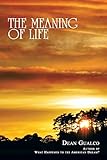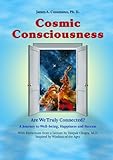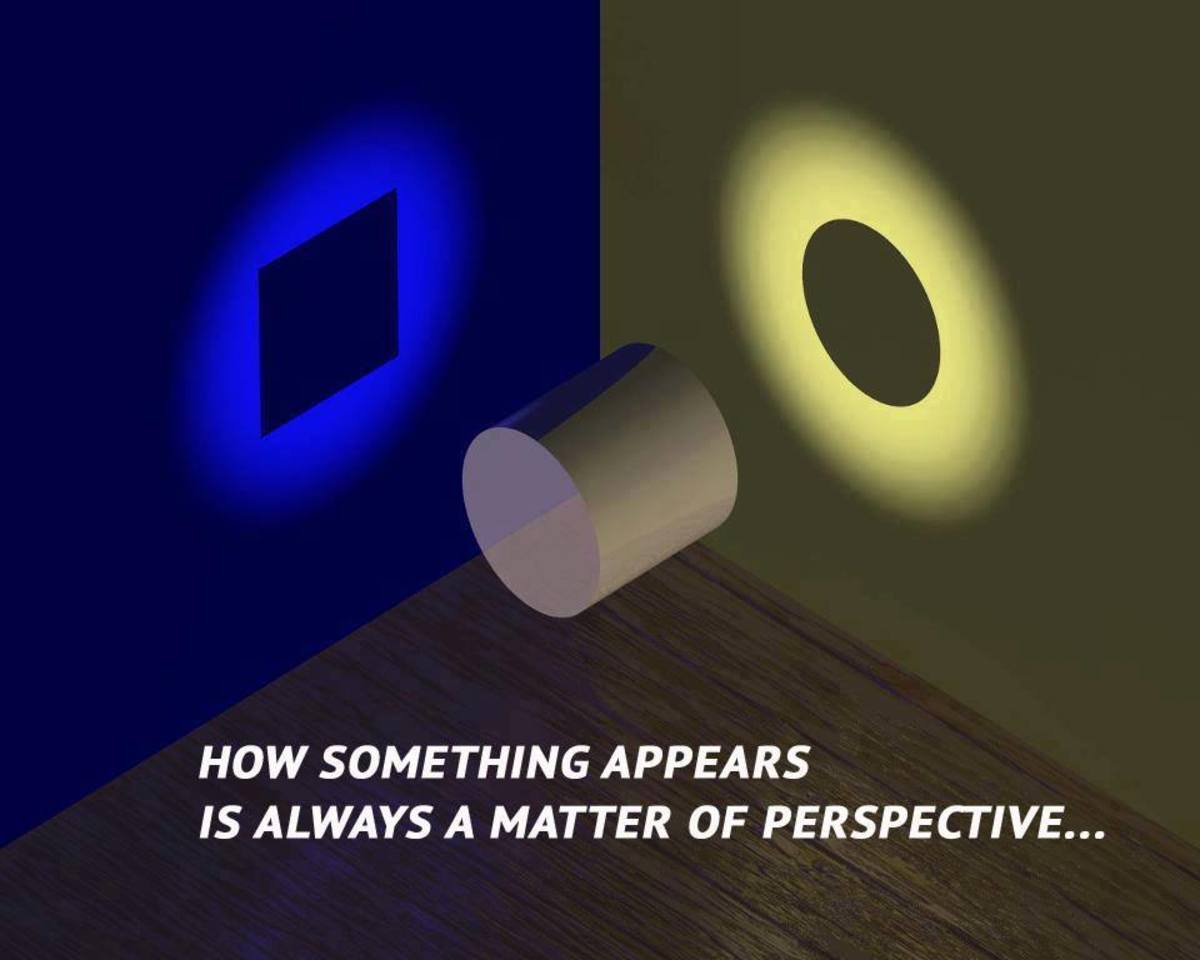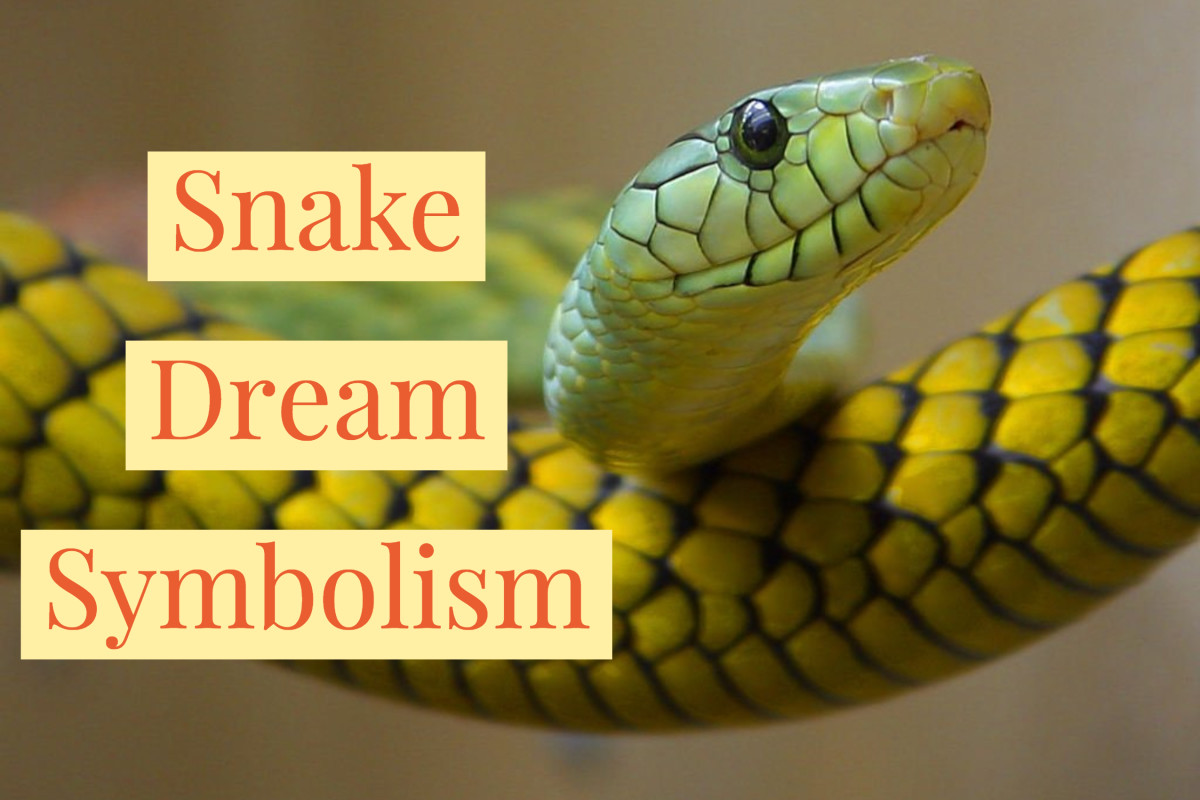What is the True Meaning of Life?
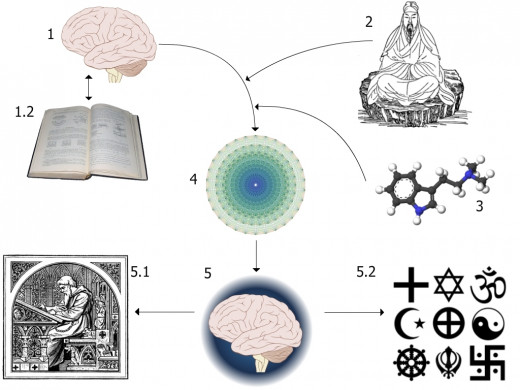
Introduction
(Please refer to the glossary at the end of the article for help with bold, italicized terms.)
The ultimate reason in searching for the meaning of life is to discover how to live forever and learn everything there is to know about the Universe and beyond. These would be the fundamental goals of any intelligent race. A bonus in that quest is some discoveries along the way could make our differences appear less significant.
Pure thought can have a significant influence on science and technology. Philosophers and science-fiction writers of the past have predicted some technologies we see today and will continue to predict those of tomorrow. While science is the best method to validate, eliminate, or develop certain ideas, sometimes it takes a philosopher to surmise the right ones in the first place. That being said, some philosophers think postulating the meaning of life is like beating a dead horse. They argue it is too pedantic and redundant, an invalid and superfluous quest. No matter their criticisms, there is no doubt it is the most significant question that faces humanity on the biggest stage. All other philosophical ideas play second fiddle.
Religion, Spirituality, or Atheism
What is your religious or spiritual affiliation?

Universal Consciousness
The blueprint, or quasi-fabric of zero-dimensional hyperspace ever present outside the boundaries of any existing universe, could perpetuate outside of the big bang to eternity in either direction—to the so-called past or so-called future—of hypertime. If a measurement of time exists in any elementary form outside the big bang, some form of ethereal existence should be eternal and infinite. Many refer to this infinite reference frame as God’s Realm. For the sake of impartiality, All-encompassing Quasi-Universal Awareness (AQUA) shall replace the outright divine interpretation. If each universe is “alive” and living beings are the biological reflection or counterparts of each, one could assume all universes are driven by the same quasi-consciousness.
An alternative, less-personified, anthropic explanation for a natural depiction of divinity is AQUA, as it permits a non-relative reference frame of eternal hypertime and ethereal existence that evolves into biological consciousness within each universe, but does not require belief in a personified deity as a means to an end. While the multiverse is more romantic and allows for infinite trial and error, AQUA makes existence possible in just one Universe and replaces the idea of a personified deity with a more natural one. In addition, it does not eliminate the possibility of a multiverse since both ideas are logically consistent.
If God does exist, It might lack any kind of recognizable personality or motive, at least from a biological perspective. (It will replace Him to avoid arguments of sexism or personification.) Without altogether denouncing the existence of God as interpreted by monotheistic religions, a valid argument might exist in contrast to the current perception most people have of It. After all, there are many different representations of God found all over the world, each claiming exclusive, accurate portrayal. It is universal, allowing for a divinity representative of all potential beings on all possible worlds. If nature is the only conceivable God, creating Herself in Her image, It could be viewed as harboring female attributes. A “sex-less” and “being-less” representation of divinity defined as AQUA is the best alternative for divine and non-divine references, respectively.
AQUA is an appropriate interpretation for the combination of biological and non-biological universal consciousness. (Remember, it is a generic term for a natural phenomenon, not something ethereal.) All-encompassing Quasi-Universal Awareness works for both living and nonliving entities throughout the multiverse since it is an alleged form of consciousness not wholly reserved for biological beings. Is it plausible to think of the Universe as harboring any kind of underlying awareness? Would there need to be a central “brain” for a universe to be alive? Is that the same as admitting a divine being, or some celestial presence overseeing the Universe, is real?
If there is a logical or natural reason for the meaning of existence, it must be by the quasi-conscious will of the Grand Universe. The remaining alternative is the illogical and anthropomorphic idea the Universe exists via the will of a personified deity. If there is no reason for existence, then we are all just here and, since our existence is no more special than any other, life must be a natural process of universal development. Either way, the answers exist somewhere and we should continue the search.
If the Universe harbors some form of cosmic consciousness, call it a “God force” residing in all things, a spiritual aura, or some kind of underlying quantum energy, various living organisms should be the conscious reflection of that universal awareness. If there is neither a spiritual force nor an afterlife for living beings, would there be a purpose to existence in the first place? Does there need to be a reason for reality because humans want or think there ought to be? If God is nothing more than a figment of human imagination in this vast and lonely Universe, there may be no need for a purpose to existence, not that there would not be one.
God or Goddess
What is God's Gender?
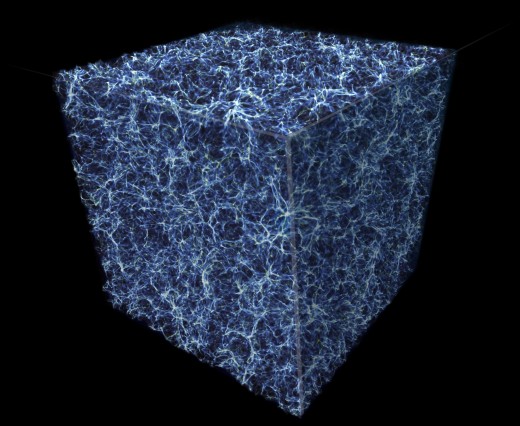
The Anthropic Factor
The anthropic principle is a philosophical postulate providing reasons why the Universe seems fine-tuned for conscious beings. The Universe is friendly to life because it must be for us to observe it in the first place. It argues conscious observers are a necessary component of the Universe, and one cannot exist without the other.
The weak anthropic principle, first suggested by physicist Robert Dicke in 1961, attempts to explain why the big bang occurred, when it occurred, and in what manner it occurred for life to develop. Chance, alone, is sufficient to explain this version of the principle. Life in the Universe exists because the parameters for existence happen to be just right for it to perpetuate. This version does not require an Intelligent Designer but can be used as an explanation. In other words, we are here because the parameters of the Universe happen to be just right.[i]
The strong anthropic principle, developed by mathematical physicist Frank J. Tipler and cosmologist John D. Barrow in 1986, argues the Universe exists the way it does because it was organized in a manner to harbor intelligent life. Many refer to this drive as the “Mind of God” and point to the principle in support of this position. In other words, the Universe is able to harbor life because it was created perfectly for that purpose. [ii] The strong version claims the Universe exists for the sake of humanity, because people need it to.
The participatory anthropic principle declares the Universe is habitable because life forms are necessary to make it real. It deduces the existence of God is not enough to make it real since observers within are the necessary component to make it so. Perhaps such reasoning is egocentric. In general, the anthropic principle is tainted with anthropomorphism and laden with classical design arguments. The Universe should not rely on biological existence to perpetuate since there was a point in time during its early evolution when no life was around to observe any of it. Nature allows for its existence inherently, with or without an external divine being or intelligent creatures within observing it.
Differences between the various anthropic interpretations are difficult to grasp or explain, so the above explanations are outlined as straightforward as possible. Within the glossary are such definitions clarified.
Life might not require an elaborate purpose or design to perpetuate, only a simple meaning. That meaning might be based on nothing more than the desire to know, but remains nonetheless. Life might be a natural part of the blueprint for this Universe due to the sheer number of possibilities that can occur on the multiverse stage. If that is the case, then its existence does not require a personified creator as indoctrinated by many religions. The possibility of a multiverse makes anthropic questions negligible and redundant.
What, then, besides chance, is the origin of life’s blueprint? The multiverse makes the template of the Universe appear like a huge trial-and-error playground, removing any meaning-of-life question. So should we point to the origin and meaning of the multiverse in order to deduce the true meaning of existence? Was the appearance of life driven by the natural “will” of the collective cosmos, or was it contrived by an advanced race of beings from one of the first parallel universes?
We will never in our lifetime know, with any certainty, the answers to the meaning of life and many of the topics presented in this book. Does that suggest it is an unworthy endeavor? Should we give up on an overall interpretation because it may never become verifiable? Perhaps the pursuit, by itself, can make us all better people. Maybe it is the search, alone, that will help make Earth a better place.
The idea of the Universe as a living organism might be the only interpretation to make sense of quantum mechanics, in particular if, as some physicists argue, events transpire due to conscious reflection. Using that logic, the alternative is there exists a divine being to account for the lack of observers in the early forming Universe. But perhaps divine is too strong of a word if God is nothing more than an alien astronaut.
Physicist and Nobel laureate Eugene Wigner argues quantum theory suggests a universal cosmic consciousness exists throughout the Universe, which resembles the Living Universe interpretation.[iii] Scientists present many variables for and against this concept, but the bottom line is the idea might provide the singular scientific explanation for individual consciousness and a naturally occurring soul. It might be the key to helping them understand how the mind operates at the quantum level and suggests any and all beings throughout the Universe are connected. If that is the case, we all would be a part of any notion of cosmic providence. We would not just be in the image of God, but would be God.
[i] Harrison, Edward. Cosmology: The Science of the Universe. (2nd Edition) Cambridge, UK: CambridgeUniversity Press, 2001, p. 157.
[ii] Southgate, Christopher. God, Humanity and the Cosmos. (2nd Edition) New York: T&T Clark Int., 2005, p. 145.
[iii] Wigner, Eugene. Symmetries and Reflections. Cambridge, MA: M.I.T. Press, 1970, p.

The Meaning of Life
…if we could only find life in other places, we’d realize that we belong with them. That altogether we make up something that the Universe was calling forth because it “needed it”—Professor Neville J. Woolf[i]
The Universe may “need” or “desire” conscious reflection of itself, utilizing life as a vehicle for that self-reflection. If the need for a reason to existence is a valid undertaking, the concept of universal reflection in the form of AQUA (again, All-encompassing Quasi-Universal Awareness) too remains valid. If not, the question instead should be, “What is the reason for the existence of the Universe?” as opposed to “What is the reason for the existence of life?” A simple answer to a reason for the existence of the Universe could be for it to evolve with the capability of supporting life. If life is a mere freak of nature, this answer too is invalid. Life could be nothing more than an accident, an anomaly, especially if Earth harbors the only bit of it anywhere in the vast expanse of the Universe. Previous arguments to the contrary suggest otherwise.
Logically speaking, life must be a part of the natural blueprint of the Universe, as are the stars, planets, and other three-dimensional objects found throughout. Everything in the Universe is a standard reflection of its general, overall “design,” including life. Therefore, intelligent life should be the rule as opposed to the exception, and it may exhibit a standard set of similar, carbon-based characteristics.
If life requires no reason for its origin, one must accept existence at face value. It perpetuates because. It just is. Either an explanation is beyond the grasp of human comprehension or there is none. Many refuse to accept this conclusion and turn to religion for possible alternatives. After all, religion holds the simplest, most comforting answers to any meaning of life question. Science and logic do not.
So, if a simplified and logical answer is forthcoming, the meaning of life can be summarized in a single, 40-word-long sentence:
Life, as a conscious, biological entity and direct part of the Universe, is the naturally occurring, standard formation of the Universe—in and of itself—so that the Universe is capable of an inherent self-awareness regarding its own existence.
Life is the vehicle for universal consciousness, the portion of the Universe that is alive and harbors conscious reflection of its existence. It is the biological part of it on a quest to determine how and why it exists. The Universe wishes to self-reflect, as do intelligent life forms that wind up as the biological counterparts for that search. The innate desire for intelligent life to seek knowledge, assuredly, will not let the Universe down.
Many will argue this quasi-consciousness is nothing more than God. The overall purpose of this book was not to take anything away from that interpretation but offer a more natural, less-personified rendition of such “divine awareness,” in particular for those less apt to digest religious or mythological renditions. For one could argue that “Man created god in His image, after His likeness.”
[i] Woolf, Neville J. Professor of Astronomy (Emeritus), University of Arizona. 1932-.
"Universal Logic: What is the True Meaning of Life?"
- Home Page
A pluralistic site that provides a forum for discussing various "meaning of life" topics, issues, and beliefs. Site also provides a link to the above book title.
The True Meaning of Life
When Will Humanity Ever Discover the True Meaning of Life?
GLOSSARY
*Terms devised by the author
*All-encompassing Quasi-Universal Awareness (AQUA) A unique interpretation of James Carter’s Living Universe theory, the idea that the Universe, itself, is a living organism. AQUA would be the “mind” of the Universe, though it might not be a separate entity and may, instead, reside in the minds of all living beings throughout. It is the quasi-conscious self-reflection of the Universe, as a part of it, which wishes to know itself. See also cosmic consciousness.
Anthropic Principle, Participatory Physicist John Wheeler’s idea that the early multiverse was a type of massive quantum computer looking for every possible scenario of space and time until one had the ability to harbor sentient beings, at which time it collapsed into that reality. The Universe is habitable because observers are necessary to make it real. Many ideas in this book rely on this interpretation…but with a twist.
Anthropic Principle, Strong The Universe exists the way it does and is organized in a manner that accommodates the ability to harbor intelligent life. Many refer to this drive as the Mind of God or an Intelligent Designer and point to the principle in support of this position. In other words, the Universe is able to harbor life because it was created that way.
Anthropic Principle, Weak Life in the Universe exists because the parameters for existence happen to be just right for it to perpetuate. This version does not require an Intelligent Designer but may be used as an interpretation. In other words, we are here because the parameters of the Universe happen to be just right for life.
Anthropomorphism Assigning human attributes to inanimate objects, animals, or God. The idea of personifying God so that one can relate. Some argue it is misleading to anthropomorphize God since we cannot know what Its attributes in fact are.
*Hypertime A hypothetical perspective of “time” outside any given universe and throughout the realm of hyperspace. It is more of a reference point for when new universes spawn. For example, it can be argued universe A spawned “before” universe B, then universe C originated from universe B, but only after universe B came into existence, thereby allowing universe C to sprout forth, hence a comparison of reference frames. Since time does not exist, specifically outside of a universe, it is a hypothetical reference for nonexistence. In this manner, universes could be quantized and placed in some type of chronological order. A highly speculative hypothesis, but in the distant future, it might provide us with a “family-tree” model of the multiverse.
Multiverse Encompasses all known and unknown reality and existence. Includes all parallel and alternate universes throughout all of hyperspace. Bigger than the Universe.
Universal Cosmic Consciousness Supported by Nobel laureate Eugene Wigner, an idea that the Universe harbors some form of “consciousness” of which we are all a part. He argues quantum mechanics will continue to prove this. Other interpretations insist Schrödinger’s cat experiment is superfluous since there is always some form of consciousness observing every event. Because of this, wave functions collapse at random regardless of conscious observers. Since during the early Universe there existed no conscious beings of any kind to make observations, if there is anything valid to the experiment and other collapsed wave functions, there should be something valid to the idea of universal cosmic consciousness.

